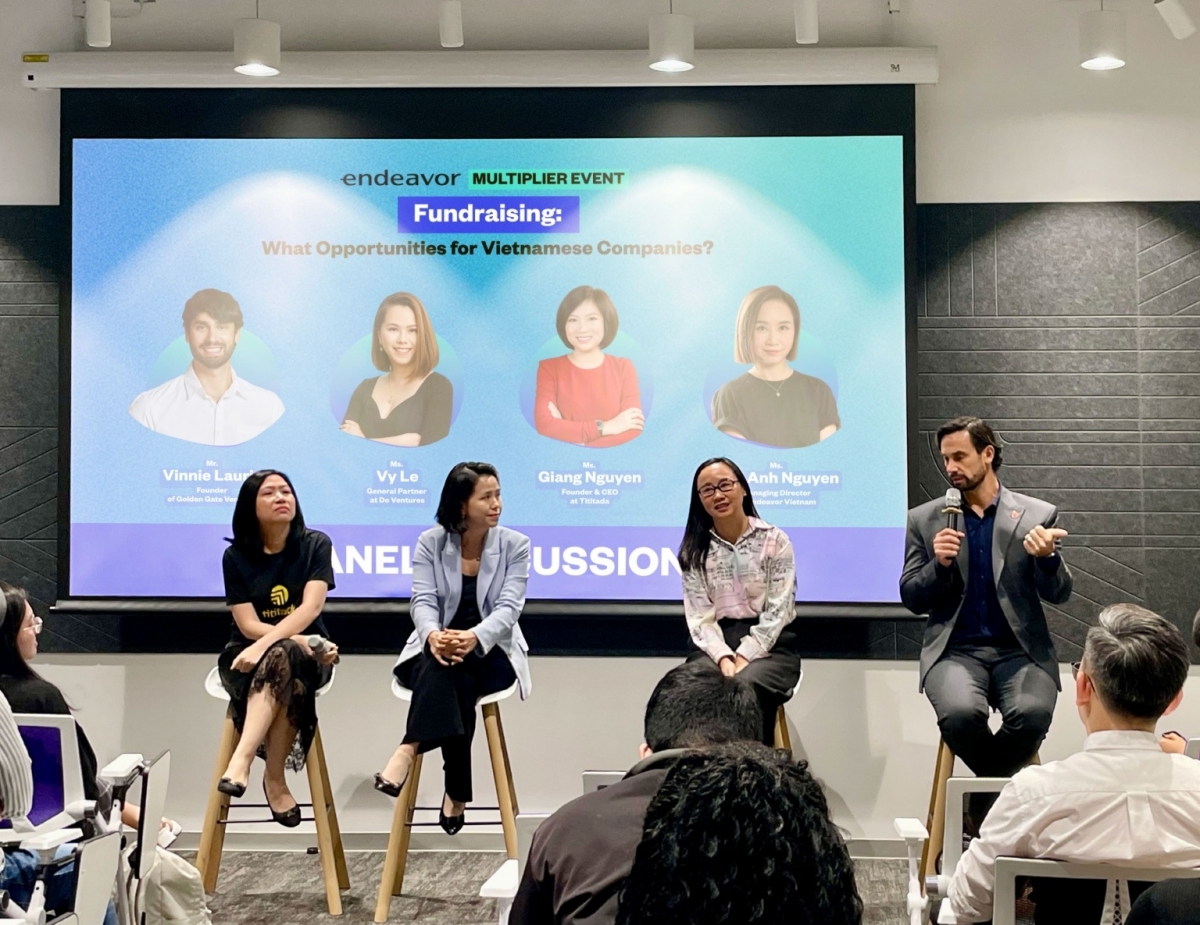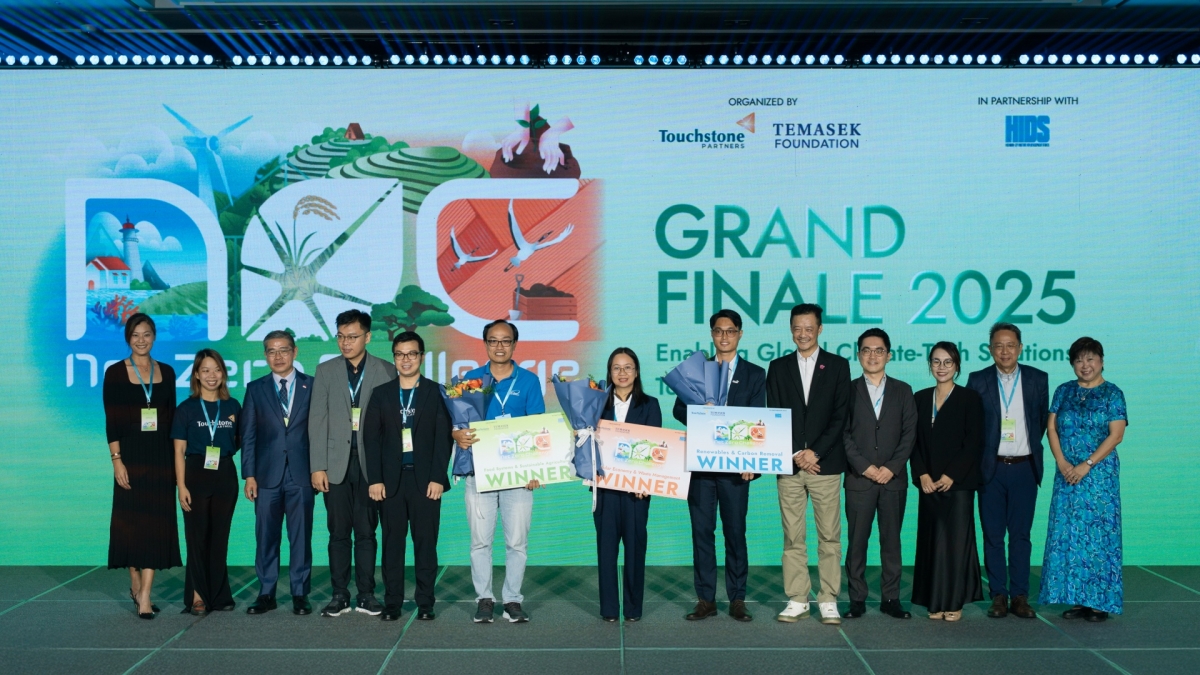INTERNATIONAL INVESTMENT
AND PORTAL
How do you see the interest of venture capital and foreign investors in Vietnamese AI startups amid the government’s boost for AI and semiconductors?
 Vinnie Lauria, founding partner of Golden Gate Ventures
Vinnie Lauria, founding partner of Golden Gate Ventures
Investor interest is growing, especially following the Vietnamese government’s increased focus on AI and semiconductors. At the Vietnam Innovation and Private Capital Summit we hosted last month in Hanoi, we welcomed over 200 foreign investors from Japan, Oman, Singapore, South Korea, and the US, many of whom are actively exploring Vietnam’s potential in deep tech and digital transformation.
While there’s strong excitement around AI, most foreign venture capitalists are equally focused on startups digitally transforming traditional industries, from fintech to logistics, because these sectors still have low digital maturity. The challenge for AI founders is that Vietnam’s domestic market isn’t yet fully digitised, so local businesses are not producing strong internal demand for advanced AI solutions.
That’s why international strategy matters, especially with neighbours like Singapore offering more sophisticated enterprise customers, global infrastructure, and easier cross-border operations.
For Vietnam to truly unlock foreign investment at scale, greater digitalisation of local industries, streamlined government processes, and improved access to international talent are all essential.
Could you share Golden Gate Ventures’s plan to increase investments in Vietnamese AI startups?
We have already made two AI investments in Vietnam – one currently in stealth, and the other, Bootloader, a computer vision AI startup based in Ho Chi Minh City. Now we are actively sourcing more B2B-focused AI opportunities, particularly where Vietnamese technical talent can be paired with regional go-to-market potential.
We view AI as a horizontal enabler across industries, not just a niche vertical. Vietnam is especially compelling with its deep computer engineering talent pool, strong STEM education pipeline, and a new generation of technically trained, globally minded founders.
While the domestic market still has limitations in enterprise readiness, Vietnam’s developers are building tools and platforms that can scale across Southeast Asia, especially when combined with launchpads like Singapore that offer business infrastructure, international demand, and distribution support.
As such, we view the Vietnam-Singapore corridor as a strategic backbone of our AI investment thesis in Southeast Asia.
What are your recommendations for Vietnamese AI-driven startups to take advantage of opportunities and overcome challenges to sustain growth?
Vietnam’s local market is still early in its digital transformation. Many traditional businesses aren’t fully digitised yet, which means they’re not ready to be large-scale AI customers. So if you’re building in AI, you need to look beyond Vietnam for early adopters and scalable revenue. That said, going straight to the US market can be a huge leap for most founders. Instead, I would recommend looking to Singapore as a strategic regional launchpad.
Singapore is home to the majority of international companies operating in Asia, and it has international talent in product, marketing, and go-to-market – key functions that complement Vietnam’s engineering strength. It also provides a global-facing corporate structure that makes it easy to accept international payments, hire talent through work visas, and manage distributed teams legally and efficiently.
Vietnam should prioritise commercialisation; AI research is important, but investors are looking for real-world use cases, paying customers, and a clear path to scale.
It should also plug into international ecosystems, whether through co-investors, accelerators, or summits. The interest is here; founders just need to take the right steps to access it.



















